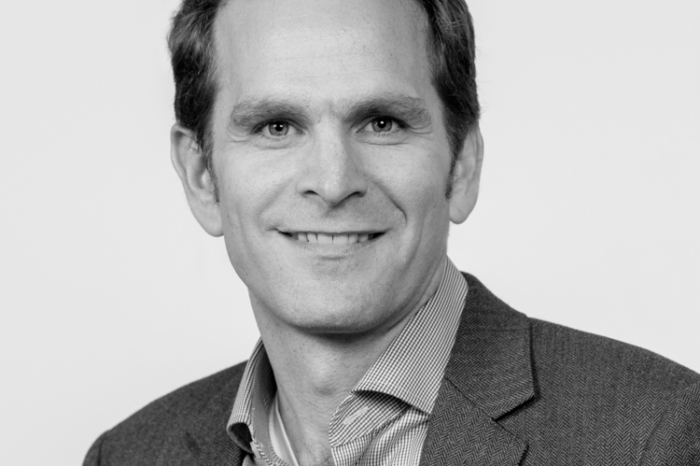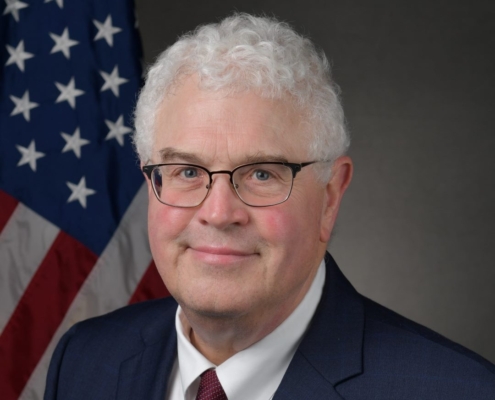Doctors Beyond Borders: Firefly Health Shines a Light on Virtual Primary Care
Join Hubwonk host Joe Selvaggi as he speaks with Firefly Health President Fay Rotenberg and Primary Care Doctor and Co-Founder Jeff Greenberg about the promise and potential of virtual primary care to deliver direct doctor access, price transparency, and more holistic healthcare that may revolutionize the healthcare system.
Guests:
 Jeff Greenberg, MD, MBA is primary care physician and Firefly Health co-founder. Jeff spent nearly a decade practicing primary care at Brigham and Women’s Hospital. He obtained his medical degree from the University of Pennsylvania and is on faculty at Harvard Medical School.
Jeff Greenberg, MD, MBA is primary care physician and Firefly Health co-founder. Jeff spent nearly a decade practicing primary care at Brigham and Women’s Hospital. He obtained his medical degree from the University of Pennsylvania and is on faculty at Harvard Medical School.
 Fay Rotenberg Bush is the President of Firefly Health where she oversees Product, Technology, Sales and Marketing for the virtual-first primary care company. She has experience as a Healthcare CEO, Venture Investor, Founder, and Developer with a background in distributed systems to this role.
Fay Rotenberg Bush is the President of Firefly Health where she oversees Product, Technology, Sales and Marketing for the virtual-first primary care company. She has experience as a Healthcare CEO, Venture Investor, Founder, and Developer with a background in distributed systems to this role.
Get new episodes of Hubwonk in your inbox!
Related Content:













